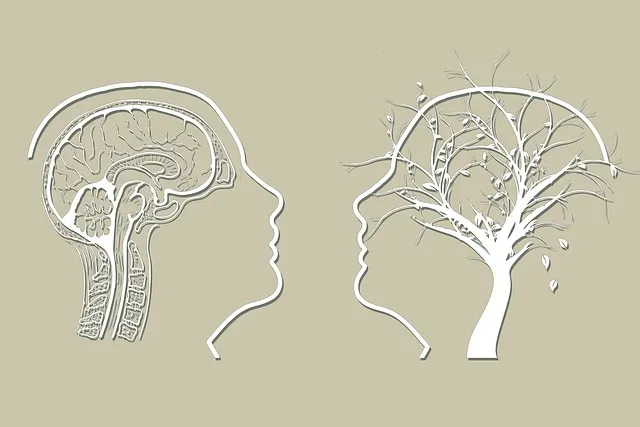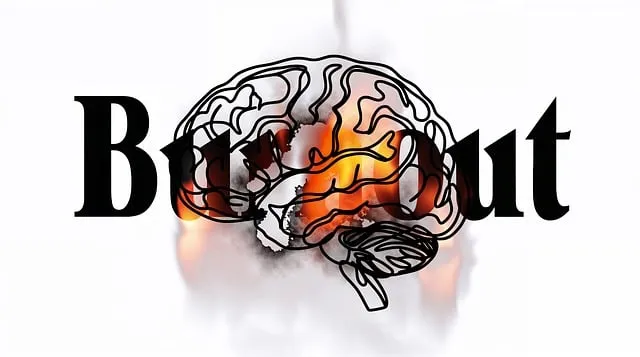The Parker Kaiser Permanente mental health department emphasizes stress management as a key component of overall well-being, addressing common stressors like work pressure, financial worries, relationships, and life changes. They offer interactive workshops focusing on mind-body connection and resilience building, teaching participants to reframe negative thoughts and prevent chronic stress from leading to physical conditions like heart disease or mental health issues such as anxiety or depression. These workshops, led by experts, combine structured content with diverse learning styles, empowering individuals to manage stress effectively through mindfulness exercises, mood management techniques, and enhanced communication skills, accessible via the department's direct phone number. Continuous evaluation ensures the program's effectiveness and long-term impact on participant mental health.
Stress management workshops are a valuable resource offered by organizations like Parker Kaiser Permanente’s mental health department. This article delves into the process of designing and implementing effective workshops, focusing on engaging participants and teaching evidence-based stress reduction techniques. We explore common causes and impacts of stress, providing insights to navigate this modern challenge. Additionally, we discuss measuring workshop success and offering long-term support, ensuring lasting positive outcomes for individuals seeking mental health resources.
- Understanding Stress: Unveiling Common Causes and Impact
- Designing Effective Workshops: Strategies for Engaging Participants
- Implementing Evidence-Based Techniques: Tools for Stress Reduction
- Measuring Success and Long-Term Support: Evaluating Workshop Outcomes
Understanding Stress: Unveiling Common Causes and Impact

Stress is a universal human experience, but understanding its complexities is key to effective management. Common causes of stress often stem from work pressures, financial worries, relationship issues, and major life changes. At Parker Kaiser Permanente’s mental health department, they recognize that chronic stress can lead to both physical and emotional strain. High-stress levels are linked to an increased risk of various health issues, including heart disease, anxiety disorders, and depression.
By attending their workshops, individuals gain insights into the mind-body connection and learn powerful tools for self-esteem improvement. These sessions delve into mind over matter principles, teaching participants how to reframe negative thoughts and cultivate resilience. Moreover, the focus on stress prevention strategies can be a game-changer in mitigating depression, promoting overall well-being, and enhancing one’s quality of life. To reach the mental health department at Parker Kaiser Permanente, simply dial their dedicated phone number for personalized guidance and support.
Designing Effective Workshops: Strategies for Engaging Participants

Effective workshops on stress management require a strategic approach to engage participants and deliver tangible results. Facilitators should begin by understanding the diverse backgrounds and needs of attendees, incorporating interactive activities that cater to different learning styles. This might include icebreakers, group discussions, role-playing scenarios, or mindfulness exercises, ensuring an inclusive environment where everyone feels comfortable contributing.
Additionally, aligning workshop content with established mental health awareness principles, such as those promoted by the Parker Kaiser Permanente mental health department, can enhance engagement. Topics like stress triggers, coping mechanisms, and anxiety relief techniques should be presented in a structured yet flexible manner, allowing for open dialogue and personalized reflections. Incorporating Mind Over Matter principles can empower participants to take control of their well-being, fostering a sense of agency crucial for long-term mental health management.
Implementing Evidence-Based Techniques: Tools for Stress Reduction

Stress management workshops are an effective way to equip individuals with evidence-based techniques for reducing stress and improving overall well-being. These sessions, often led by mental health professionals like those within the Parker Kaiser Permanente department, offer valuable tools tailored to diverse needs. Through interactive activities and educational content, participants learn practical strategies for managing daily pressures.
One key focus is mood management, teaching individuals to recognize and regulate emotional responses. Additionally, workshops foster inner strength development by providing coping mechanisms and mindfulness exercises. Moreover, they enhance communication strategies, empowering people to express their needs and seek support from peers and professionals. These comprehensive approaches ensure that participants leave with a range of skills to navigate stressful situations confidently.
Measuring Success and Long-Term Support: Evaluating Workshop Outcomes

Evaluating the success of stress management workshops is a crucial step in ensuring their long-term impact and effectiveness. The Mental Health Education Programs Design at Parker Kaiser Permanente has implemented a comprehensive approach to measuring outcomes, which includes both quantitative and qualitative methods. This strategy allows for a holistic understanding of participant experiences and improvements.
By collecting feedback through surveys and personal interviews, the Community Outreach Program Implementation team can gauge the tangible benefits attendees have gained from the workshops. These insights help identify areas of improvement and ensure that the Mental Health department’s initiatives align with the evolving needs of participants. This continuous evaluation process is vital in fostering a supportive environment and encouraging sustained well-being beyond the duration of the sessions.
Stress management workshops, as designed by the Parker Kaiser Permanente mental health department, offer a comprehensive approach to empowering individuals. By understanding stress triggers and implementing evidence-based techniques, these workshops provide participants with valuable tools for long-term well-being. Through engaging activities and measured evaluation, they foster a supportive environment that can significantly enhance overall mental health and resilience. For more information, contact the Kaiser Permanente mental health department at their dedicated phone number.






